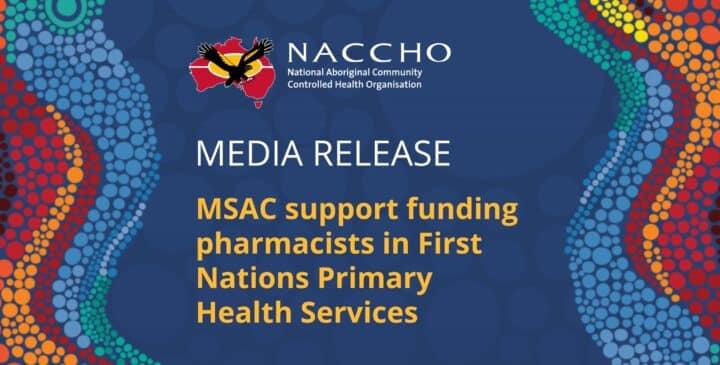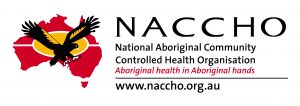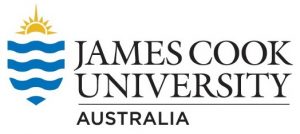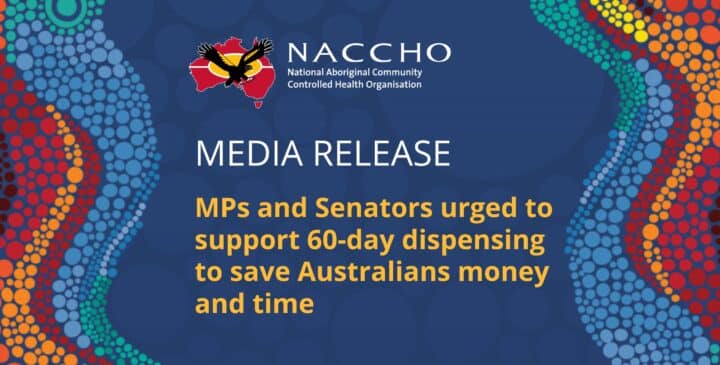

Sweetening A Bitter Pill



The inability of many Aboriginal and Torres Strait Islander people with chronic diseases to access quality pharmacist support may be placing lives at risk, according to a James Cook University medical researcher.
Associate Professor, General Practice and Rural Medicine, Sophia Couzos, said Aboriginal and Torres Strait Islander patients often struggled to follow medication regimes – including treatment for life-threatening conditions like diabetes and cardio-vascular disease.
“There is a higher burden of chronic disease in the Aboriginal community, and these patients are likely to be prescribed multiple medicines, which also place them at greater risk of drug-related complications,” she said. “Yet they have limited access to appropriate pharmacist advice across Australia, particularly in remote areas.”
JCU has joined forces with the Pharmaceutical Society of Australia (PSA) and the National Aboriginal Community Controlled Health Organisation (NACCHO) to embark on a pioneering project to embed 22 pharmacists in Aboriginal community-controlled health services in Queensland, Victoria and the Northern Territory.
The Integrating Pharmacists within Aboriginal Community Controlled Health Services to improve Chronic Disease Management (IPAC) project will see culturally-trained pharmacists working with both clinical staff and patients to address issues which lead to poor medication use, including under-utilisation and over-utilisation of drugs. These issues range from socio-economic obstacles through to fear.
“There are many, many reasons behind why Aboriginal patients are more likely to have adherence problems than other Australians,” Dr Couzos said. “There are socio-economic reasons, such as the cost of medicines and access to transport to fill prescriptions.
“There are patient reasons; a person may have a poor memory – and the more medicines they have to take, the more difficult it is to remember them all. Some patients are very fearful of medications. They’re worried that it might make them feel worse.
“There are also prescriber reasons; the medicine may not be right for the patient, or the patient may not have been prescribed necessary life-saving medicines.”
The IPAC project pharmacists, located within the primary healthcare teams of Aboriginal health services, will be ideally placed to assist patients and prescribers.
“The IPAC pharmacists will be providing advice in a culturally safe environment for the patient, where they can feel at ease,” Dr Couzos pointed out.
NACCHO Director, Medicines Policy and Programs, Mike Stephens, said the pharmacists would also educate staff and liaise with external stakeholders, including hospitals, to develop strategic plans for more effective medicine use.
“There’s good evidence that pharmacists in health services improve patient health,” he said.
The United Kingdom is investing heavily in programs that place pharmacists in primary healthcare teams, according to Dr Couzos. But the practice only occurs on an ad hoc basis in Australia. Despite this, there was no shortage of pharmacists keen to play frontline roles within Aboriginal health services, she maintained.
“There are many pharmacists who have already had some experience working with Aboriginal community controlled health services, who have excellent relationships with them, and who have wanted to be part of the primary healthcare team,” she said.
PSA Manager, Health Sector Engagement, Shelley Crowther, said the peak national body for pharmacists had been advocating for a number of years that pharmacists play an active role in improving medication management for Aboriginal and Torres Strait Islander people.
“There is a lot of evidence to support that medication misadventure results in cost to the health system,” she said. “The Australian Commission on Safety and Quality in Healthcare estimates medication-related admissions to hospitals Australia-wide cost $1.2 billion annually.
“In terms of Aboriginal and Torres Strait Islander health, obviously the discrepancies in health outcomes for them give even greater weight to the importance of trying to reduce medication misadventure and improve medication management to try to achieve better health outcomes.”
The first IPAC pharmacists will begin work in June this year. JCU will evaluate the project, which is scheduled to run until early 2020. Among other elements, the evaluation will measure healthcare improvements in chronic disease sufferers who have been supported by a practice pharmacist.
“If the quality of care improves, that will lead to health dollar savings down the track because we know that access to quality primary health care can prevent unnecessary hospitalisations,” Dr Couzos said. “This project will give impetus to the Australian Government to explore how healthcare workforce innovation can enhance access to quality healthcare for Aboriginal people.”

